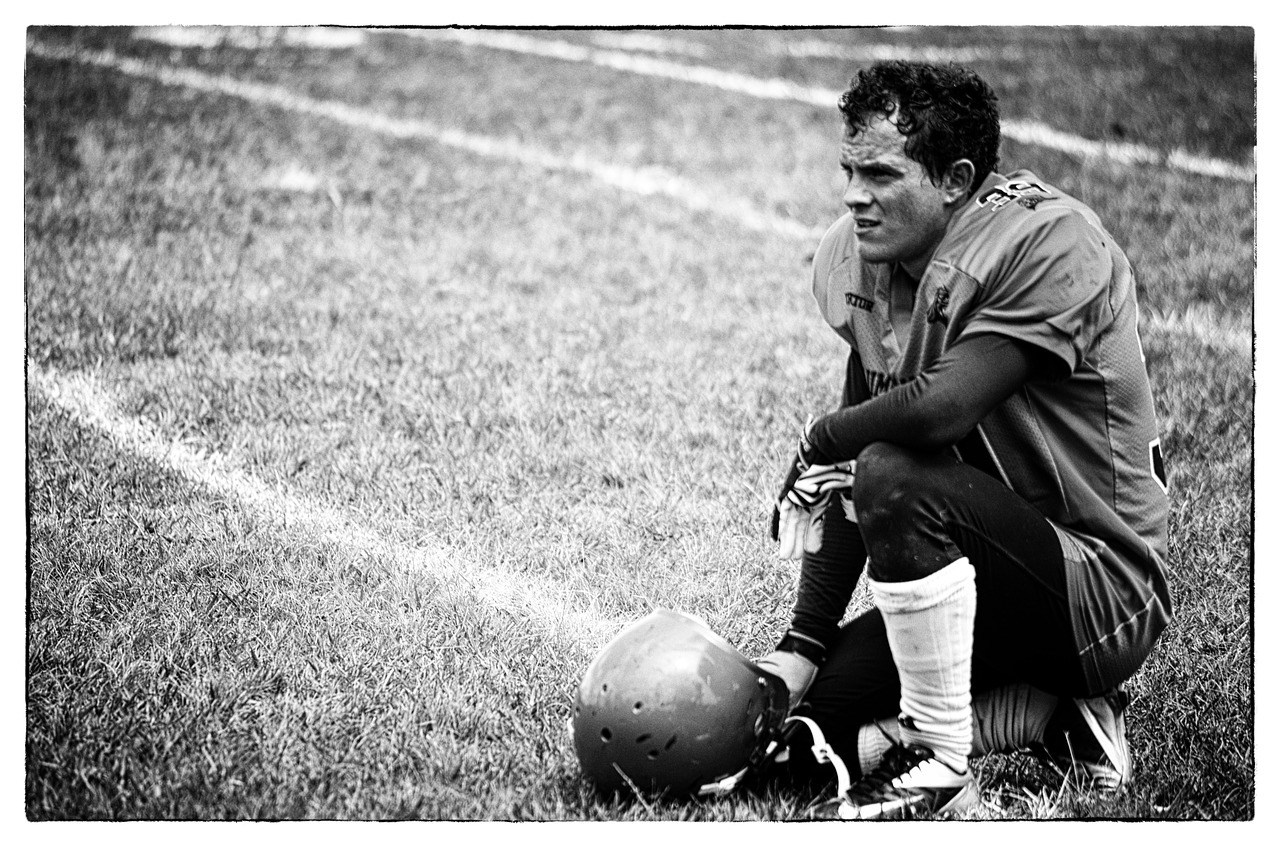Many would argue beneficial results within the world hinged on quality leadership. Yet leadership remains something of an elusive art; often we only see what worked in hindsight. Dozens of the world’s best leaders have had multiple traits in common, a few of which are detailed below. Regardless of the reason you’re interested in becoming a better leader, the following characteristics will timelessly serve you and your team towards success.
1. Great Leaders Understand There’s No Such Thing As Perfect Timing
Indeed, perfect timing is a myth that remains mired in fairy tales and Hollywood movies. In real life, the only things that happen are those that happen right now. After all, you only have today and there is no telling what tomorrow may bring. Seize today as the gift it is and make the most of the resources you and your team have been blessed with.
2. Great Leaders Celebrate The Individual
The United States and many other developed nations often put heavy emphasis on the individual. There is tangible social pressure that tries to convince everyone of having a flashy car, huge home and perfect-looking partner. Individual success is heralded as the apex of accuracy, all the while frequently overlooking what it actually means to be an individual.
The best leaders understand each individual brings unique talents and insights to the table, and treats them accordingly. When everyone has distinct treasure to share, no one person is more or less valuable than the other. Each person has a puzzle piece that makes the larger image sharper, and fantastic leaders take the time to cultivate this into reality.
3. Great Leaders Have Voluntary Followers
Leadership is occasionally viewed as a title that’s given, rather than a respect that’s earned. In truth, it’s the latter, not the former. True leaders have voluntary followers. Individuals in the corporate world with “leader” somewhere in their title can indeed be leaders, but it is not a given. The best leaders earn trust and respect with others before they seek to maximize their leadership gifts.
4. Great Leaders Genuinely Like People
Somehow we’ve gotten the idea that leadership doesn’t always involve genuinely liking people. Sadly, too many people have experienced ego-centric leadership – someone who was supposed to be leading and was instead berating. Authentic leaders genuinely like people because they understand value cannot be added to an entity that is not inherently valued.
5. Great Leaders Are Meek
The best leaders don’t have to shout to get your attention or threaten you with trouble if you aren’t “good enough.” No; the best leaders are meek individuals, who prioritize win-win conversations with each person on their team. Meek people also have no need to don a bravado attitude around the workplace or in life. They use humility and common ground to gain and share influence.
6. Great Leaders Give More Than They Take
Life is too short not to go all out. Accordingly, great leaders understand giving their team their best is a surefire way to boost success. Great leaders give more than they take, not because no one is pouring into them, but because they’re that enthusiastic about the team they’re building.
7. Great Leaders Know Their Shortcomings
There’s nothing worse than a know-it-all leader – the type of person who you want to trust and confide in but who only makes you feel dumb and insignificant. The best leaders don’t assume they know it all – in fact, they readily acknowledge their shortcomings. Wonderful leaders value their team enough to ask for help when and where they need it.
8. Great Leaders Surround Themselves With Complementary People And Skills
The leaders shaping today and tomorrow understand that projects with enduring impact require a breadth and depth of various talents and visions. Therefore, they aren’t reluctant about seeking out individuals with differing skill sets. A team where everyone has the same weak spots is a recipe for disaster, so great leaders do everything they can to build a mutually supportive and watertight team.
9. Great Leaders Understand They Won’t Always Receive Recognition, And Press On Anyways
Leadership is often a thankless task, especially when one’s work challenges the status quo or requires immense unorthodox thinking. Depending on one’s industry or craft, the true leader of a project may not always be seen in the forefront. Great leaders recognize they won’t always be in the limelight, and continue pouring out their best effort anyways.
10. Great Leaders Rise From The Ashes Of Failure
Failure is a painful but necessary step on the road of leadership. The innate response is to cower in fear or lower one’s standards, but incredible leaders understand every failure and mistake teaches them something. They use their newfound experience to make them smarter, stronger and wiser.
11. Great Leaders Remember To Say Thank You
Seeing a team successfully complete a project invariably leads to celebration and feelings of accomplishment. What isn’t always handled so well is expressions of appreciation. Top-shelf leaders remember that saying thank you is one of the most necessary small gifts they can give, and deliver this with consistency.
12. Great Leaders Understand Leaders Come In All Shapes, Sizes And Ages
At times, there seems to be a subcultural whisper that leadership only comes in specific types of packages (aesthetically speaking). Fortunately, this is nothing more than a myth! If leadership were only available from certain types of people, our world would be limited to certain types of gifts. Leadership is a virtue that extends beyond academia, corporate meetings and scientific labs. The best leaders know we can learn from everyone, and listen to individuals of different backgrounds accordingly.
13. Great Leaders Don’t Make Or Accept Excuses
Teams and leaders themselves don’t always see how to get to the next step or are afraid to commit. Talented leaders refuse to accept excuses – for themselves or their team. Excuses only deflate the potential of excellence, and leaders see to it that clear communication defeats any need for half-baked effort.
14. Great Leaders Don’t Overlook The Small Things
Skilled leaders know that it’s not just what you say, it’s how you say it. Similarly, leaders understand that providing details and tightening up loose ends is as important as casting a gripping vision.
15. Great Leaders Don’t Ask For Permission To Do Great Things Or Change The World
Leadership occasionally comes down to calculated risk. Accordingly, the most courageous leaders understand they don’t need permission to change the world. Radical action often requires immediacy more than caution.
16. Great Leaders Are Compassionate
The best leaders don’t need to act like they are better than anyone else. Subsequently, the strongest leaders are also the most compassionate, looking for creative ways in which to support the needs and interests of the voiceless.
17. Great Leaders Forgive People For Their Mistakes – Including Themselves
Even though individuals place immense trust in leaders, everyone is human, and leaders sometimes make mistakes. This includes team members that leaders oversee. Emotionally intelligent leaders forgive themselves and others for honest mishaps.
18. Great Leaders Give Other People The Credit
Speaking of looking out for others, reliable leaders are quick to give others the credit, and take a bit more than their share of the responsibility. Life is too short to hoard all the results for yourself, so leaders understand that sharing credit boosts trust, morale, happiness and engagement.
19. Great Leaders Are Great Stewards
The best leaders use everything they have to the best of their ability. People are a leader’s most valuable asset, and stewardship with humans comes down to consistently adding value. Leaders love their people and remain great stewards through consistently adding value.
20. Great Leaders Tell The Truth, Are Humble And Listen
Last but never least, incredible leaders always tell the truth, are humble and listen. Telling the truth is rarely comfortable, being humble requires thinking of others often and listening well takes a lifetime to master, but these are three of a leader’s strongest qualities, and only the finest commit to mastering them.
































































